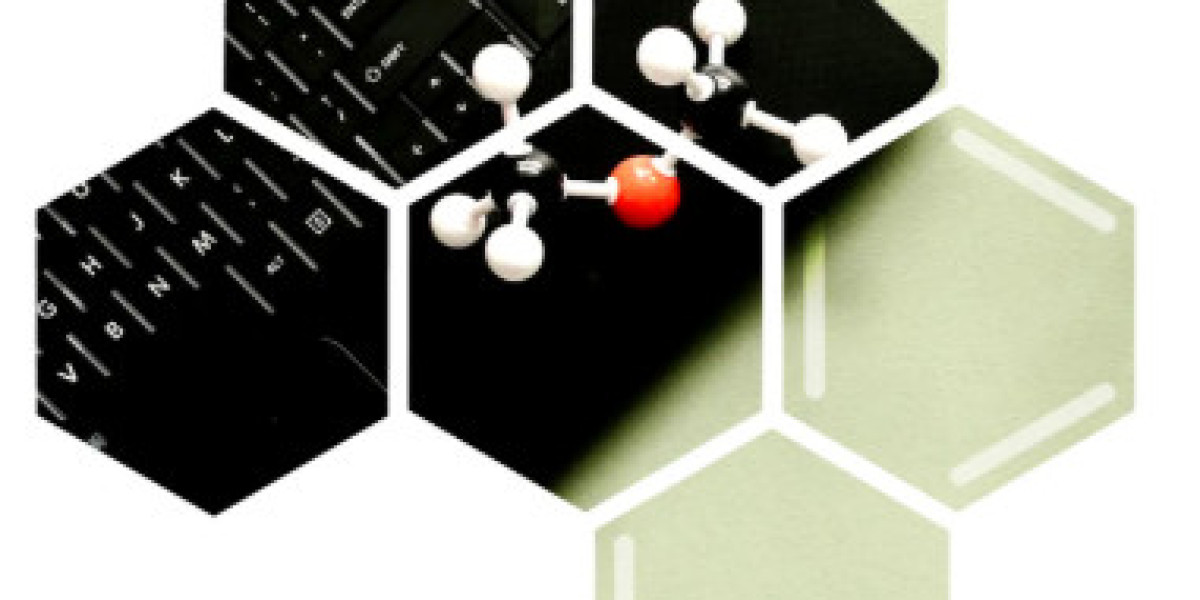The integration of regulatory affairs services is pivotal in the development, evaluation, and approval of new health technologies. Health Technology Assessments (HTAs) aim to evaluate the clinical effectiveness, safety, and economic impact of medical innovations to inform healthcare decision-making. Regulatory affairs professionals ensure that these technologies meet stringent standards set by authorities, facilitating smooth market access and compliance. This article explores the crucial role of regulatory affairs in HTAs, highlighting how effective coordination enhances clinical and commercial outcomes.
Understanding Health Technology Assessments
Health Technology Assessments are systematic evaluations of new or existing medical devices, pharmaceuticals, or procedures. HTAs assess benefits, risks, and cost-effectiveness to guide healthcare providers, payers, and policymakers. These assessments support informed decisions about adopting new technologies within health systems.
Successful HTAs require comprehensive data on safety, efficacy, and compliance with regulatory requirements, underscoring the need for expert involvement from regulatory affairs teams.
The Integral Role of Regulatory Affairs Services
Regulatory affairs services serve as the bridge between product development and regulatory bodies. Their primary responsibility is to ensure that all documentation, testing, and compliance measures align with governmental regulations. This alignment is essential for obtaining approvals and certifications necessary for market introduction.
In the context of HTAs, regulatory affairs professionals provide critical input on regulatory pathways, submission strategies, and post-market surveillance, ensuring the technology meets or exceeds standards required for assessment.
Regulatory Affairs Labeling and Its Importance
A specific area within regulatory affairs that influences HTAs is regulatory affairs labeling. Labeling involves creating accurate, clear, and compliant information about the health technology, including indications, usage instructions, and safety warnings.
Correct labeling ensures that healthcare providers and patients receive essential information to use the technology safely and effectively. Moreover, regulatory bodies evaluate labeling as part of the approval and assessment process, making it a key factor in HTA outcomes.
Collaboration with Clinical Operations Management
The intersection between regulatory affairs and clinical operations management is fundamental to successful health technology assessments. Clinical operations oversee the planning and execution of clinical trials, generating the data required for regulatory submissions and HTAs.
Regulatory affairs teams work closely with clinical operations to design trials that meet regulatory standards and collect relevant endpoints for HTA evaluation. This collaboration ensures that clinical evidence supports both regulatory approval and health technology assessment criteria, streamlining the path to market access.
The Contribution of Alpha Clinical Development
Specialized organizations like Alpha Clinical Development play a vital role in integrating regulatory affairs with clinical trial execution and health technology assessments. Their expertise supports product developers in navigating complex regulatory landscapes while conducting robust clinical studies.
Alpha Clinical Development helps align study designs with regulatory and HTA expectations, minimizing delays and increasing the likelihood of favorable assessment outcomes. Such partnerships demonstrate the value of comprehensive regulatory and clinical strategy integration.
Ensuring Compliance Throughout the Product Lifecycle
Regulatory affairs involvement extends beyond initial approval to post-market monitoring. Continuous compliance with regulations, reporting adverse events, and updating labeling when necessary are crucial to maintaining product safety and market status.
In health technology assessments, ongoing regulatory vigilance provides evidence of sustained safety and efficacy, influencing reimbursement decisions and long-term adoption by healthcare systems.
Enhancing Stakeholder Confidence and Market Access
Thorough regulatory affairs input builds confidence among stakeholders, including healthcare providers, payers, and patients. When regulatory submissions and health technology assessments are robust and transparent, decision-makers are more likely to support adoption and reimbursement.
This confidence accelerates market access, ensuring that innovative health technologies reach patients who can benefit from them promptly.
Conclusion
The role of regulatory affairs services in health technology assessments is indispensable. Through meticulous management of regulatory submissions, labeling, and collaboration with clinical operations and partners like Alpha Clinical Development, regulatory affairs professionals facilitate comprehensive evaluation and approval of medical innovations. Their expertise ensures compliance, safety, and efficacy data meet the high standards required for successful HTAs, ultimately supporting timely access to new health technologies and improved patient outcomes.


